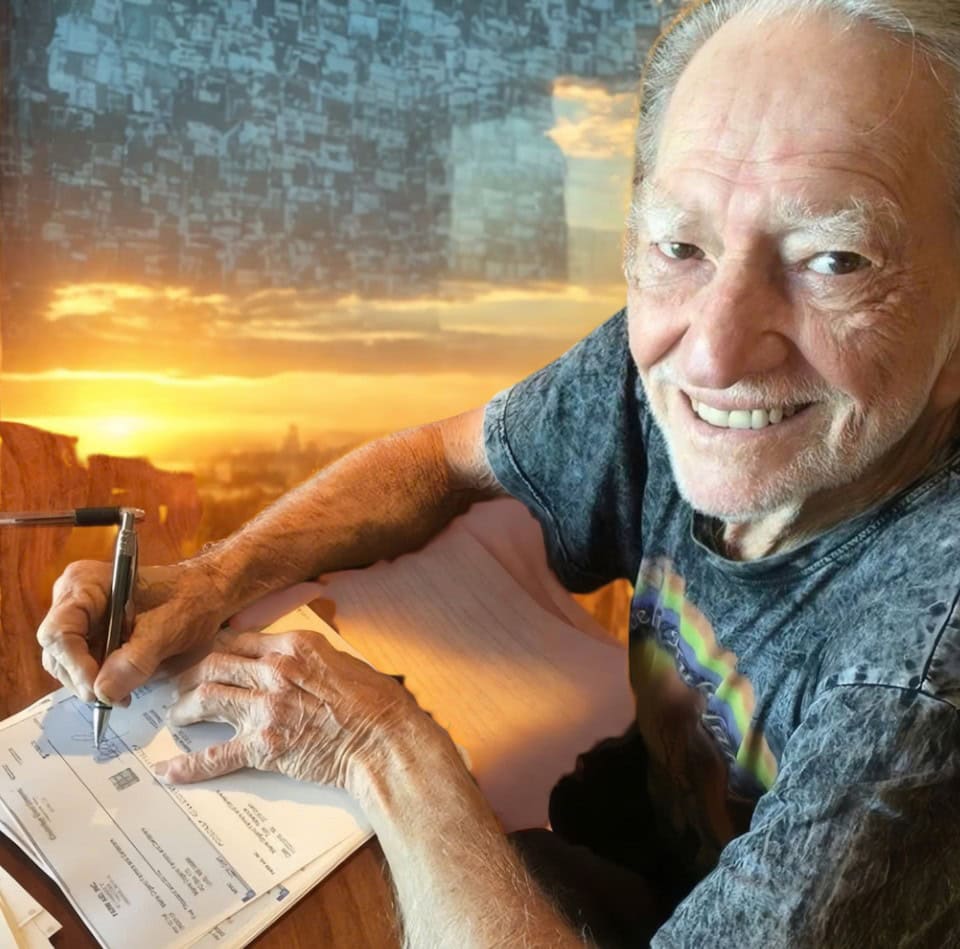
About the song
Few country songs carry the weight of pain and the comfort of release quite like Willie Nelson’s “Whiskey River.” First recorded by Johnny Bush in 1972, the song became an anthem when Nelson made it his own. With its steady rhythm, aching lyrics, and Nelson’s unmistakable voice, “Whiskey River” isn’t just a song—it’s a place of refuge for the brokenhearted.
At its heart, “Whiskey River” tells the story of a man trying to drown his sorrow in a stream of whiskey. The alcohol isn’t celebration—it’s salvation. The line “Whiskey River, take my mind” is more than a plea—it’s a desperate cry to forget, to numb, to find peace in a world where love has gone wrong. Yet, there’s something oddly comforting in that sadness. Nelson doesn’t wallow in pain; he transforms it into music that connects with anyone who’s ever tried to escape heartbreak, even for a little while.
What makes the song timeless is its live energy. “Whiskey River” often opens Willie’s concerts, and when that familiar guitar riff kicks in, it’s as if a curtain lifts on shared pain—and shared healing. Audiences don’t just listen, they feel. They sway, they sing, they remember. In that way, the song becomes less about whiskey and more about the community it creates.
Over the decades, “Whiskey River” has become a country classic, not because it promises solutions, but because it acknowledges the hurt we all carry. Willie Nelson gives voice to that pain in a way that feels honest, even comforting. As long as hearts break and memories linger, “Whiskey River” will keep flowing—healing us, one note at a time.
